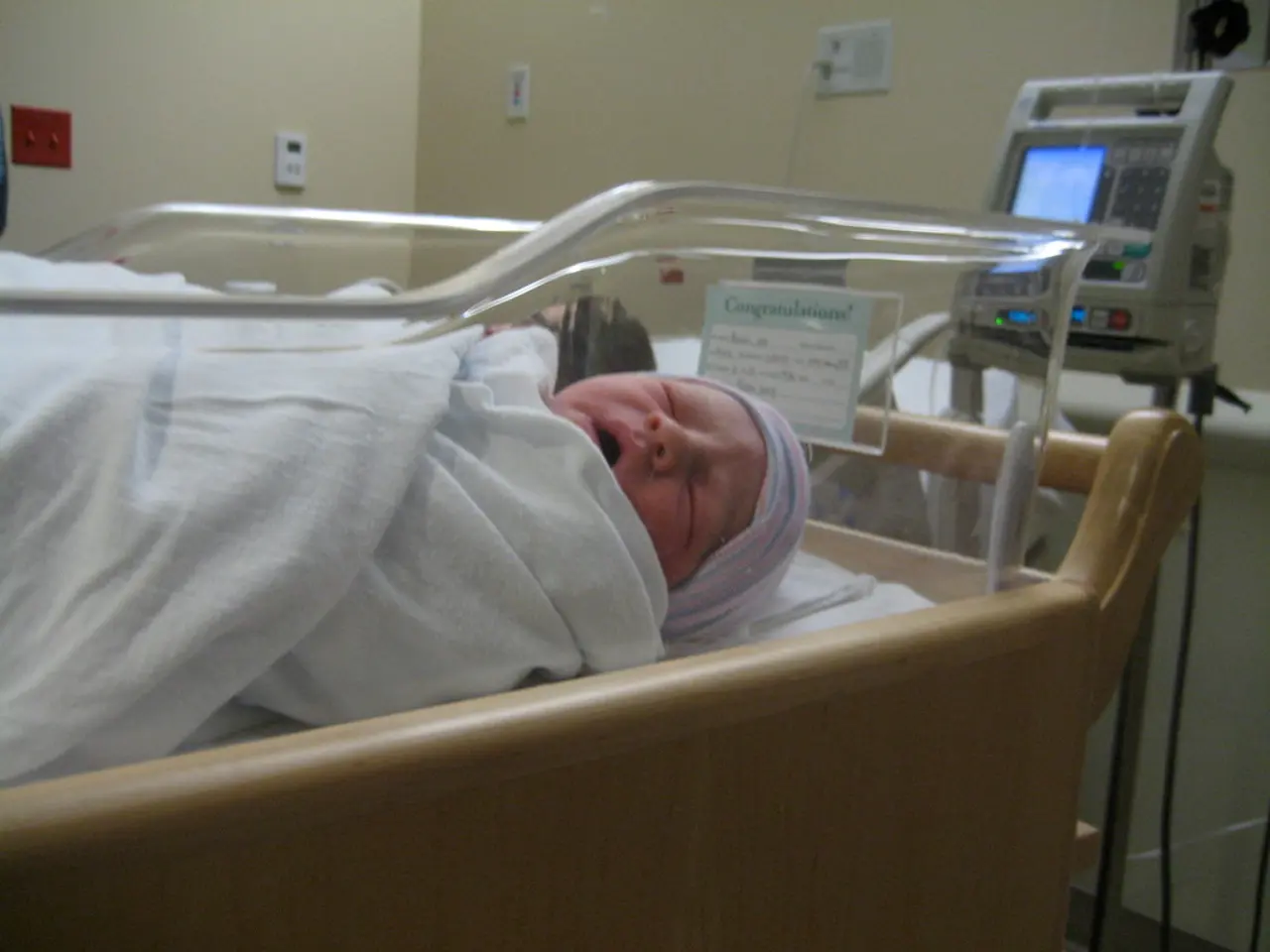AI Tool Detects Tiny Brain Abnormalities in Children with Epitivity
Researchers at the University of Bern's Inselspital in Switzerland have developed an artificial intelligence tool that can detect minute brain abnormalities in MRI and PET scans of children with epilepsy. These abnormalities are often overlooked by medical professionals and can significantly impact treatment and quality of life.
The AI tool, trained on thousands of scans, can identify brain lesions as small as a blueberry or even smaller. It can pinpoint these abnormalities, even when they're tucked away in the depths of a brain fold. In two separate tests involving patients with cortical dysplasia and focal epilepsy, the tool demonstrated an impressive success rate of 94% and 91% respectively.
In one test group, the AI tool's findings led to surgery for 12 out of 17 children. Post-surgery, 11 of these children are now seizure-free, highlighting the potential life-changing impact of this technology. It's important to note that the AI tool does not replace radiologists or epilepsy doctors but serves as an invaluable assistant, aiding in quicker and more accurate diagnosis.
The AI tool developed by the University of Bern's Inselspital offers a significant advancement in the diagnosis and treatment of epilepsy in children. With its high success rate in detecting tiny brain lesions, it can potentially transform the lives of many young patients, offering them the chance of a seizure-free future.




